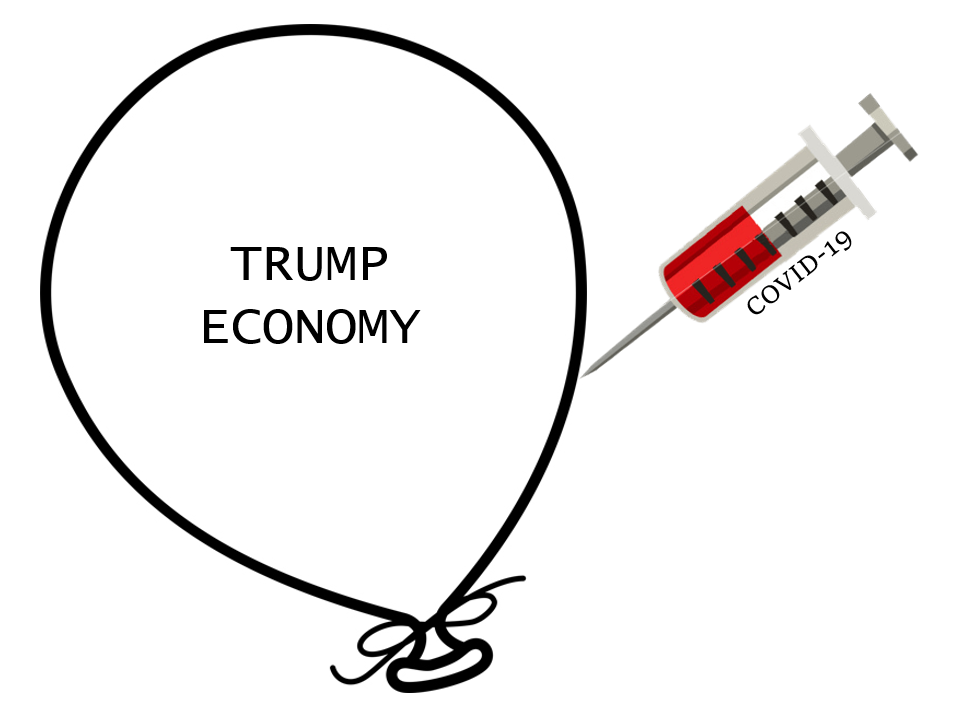Moving Beyond the Lockdown

I found the comments to my post this morning about social survival in the pandemic interesting, particularly within the framework of social shaming, which isn’t going to work. I think that people in general are forgetting one thing: you are probably going to get COVID-19. So am I. I know what this means for many of you. I don’t want to get it and I certainly don’t want my parents to get it. But realistically, most of us are going to get it. And we have to deal with that.
Social distancing was never about you not getting the disease. It was about everyone not getting it at once. That’s what flattening the curve means. It’s about buying time for research and planning and best practices and not overwhelming the hospitals. But we are animals, we have biological needs like any other animal, and we are going to die soon like any other animal. It’s certainly legitimate to criticize the president and the Republican Party for making all of this worse than it has to be. But look at South Korea. You have the best leadership around this anywhere in the world, outside of possibly New Zealand. And then one guy has it, goes out when the bars opens, and infects over 100 people in a situation that brings us back to AIDS because it was at a gay bar in a pretty homophobic soicety. You can’t ask people to stay inside for years and even if you “defeat” a disease like this, you don’t defeat it for long until we have a vaccine, which may never happen, or until it either becomes less deadly or you have herd immunity. So you have to plan how to manage human wildlife like we manage every other form of wildlife.
Even the planners of social distancing are now getting to the point of planning for the next stage, which is reopening in an intelligent manner. Long-term social distancing with social shaming is highly likely to backfire for a number of reasons, as the economist Emily Oster points out:
One way the pandemic differs from the sleep example is externalities—the fact that our actions affect other people. If I go out and risk a chance of infection, I may then hurt others. But if we as a society keep the bar for correct behavior very high (“Just stay home”), and then suggest that not reaching the bar is shameful (“How dare you take a walk with your daughter?”), we may create a situation where people who suspect that they have the virus fail to act responsibly (by telling contacts they have it and then isolating themselves) in order to avoid stigma. The message ought to be that people may get infected even if they take precautions, and that having the coronavirus isn’t some kind of moral failing.
Ultimately, the public needs to better understand the virus. People need to see, for example, why hand-washing matters—because even if you get a virus particle on your hand, if you wash it off before you touch your face, you will not become infected. People need to be less afraid but more careful. Stark messaging can’t bring that about, but smart messaging can.
Oster herself is not without controversy, but the point here seems pretty correct to me. It really is about messaging now, not “victory.” Marty Makary is a Johns Hopkins doctor who led the push to get governors to shut down their economies in March, including in Rhode Island. He is more or less saying the same thing as Oster. It’s about reopening to mitigate risk, not eliminate it. That’s because there’s no way to eliminate the risk and no way to stay at home for years. Among the points he makes is that going outside is an absolutely good thing, as is wearing masks in public. Mostly, it’s pretty common sense stuff. And yes, it would absolutely help to have real political leadership; in fact, that’s crucial. But even if we did have that, we’d be facing the fact that most of us are going to get this disease.


